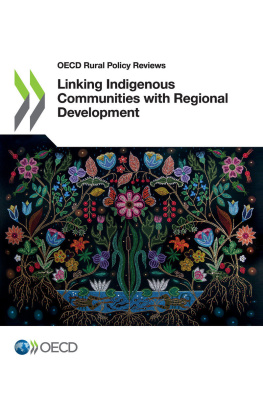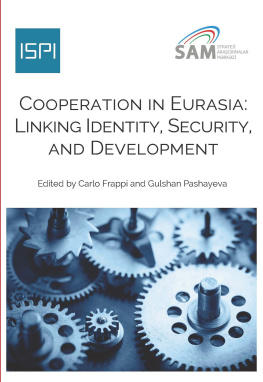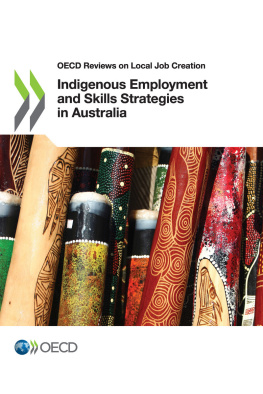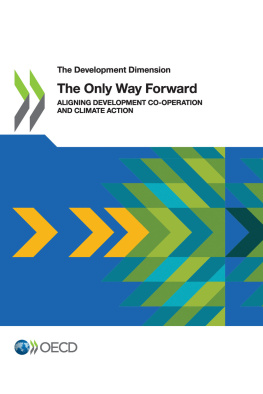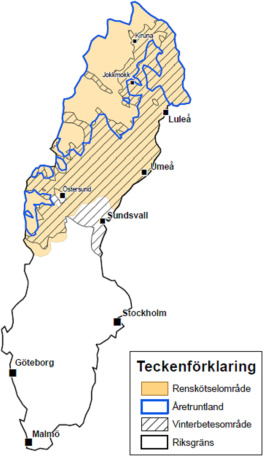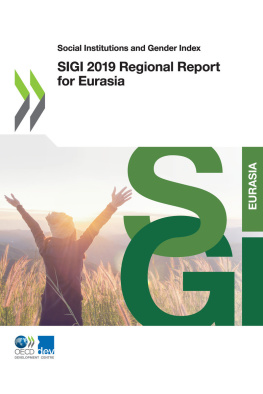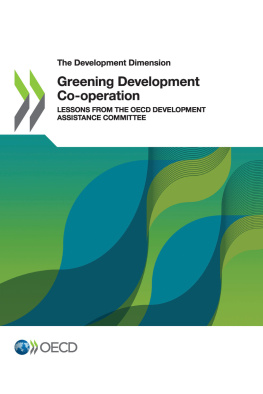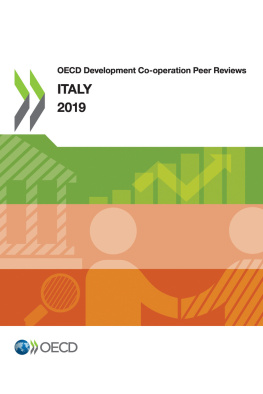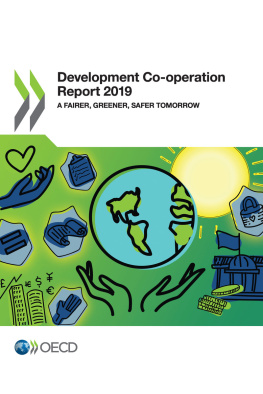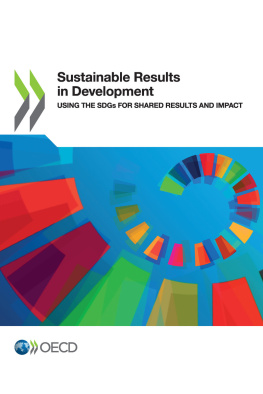OECD - Linking Indigenous Communities with Regional Development
Here you can read online OECD - Linking Indigenous Communities with Regional Development full text of the book (entire story) in english for free. Download pdf and epub, get meaning, cover and reviews about this ebook. year: 2019, publisher: OECD Publishing, genre: Politics. Description of the work, (preface) as well as reviews are available. Best literature library LitArk.com created for fans of good reading and offers a wide selection of genres:
Romance novel
Science fiction
Adventure
Detective
Science
History
Home and family
Prose
Art
Politics
Computer
Non-fiction
Religion
Business
Children
Humor
Choose a favorite category and find really read worthwhile books. Enjoy immersion in the world of imagination, feel the emotions of the characters or learn something new for yourself, make an fascinating discovery.
Linking Indigenous Communities with Regional Development: summary, description and annotation
We offer to read an annotation, description, summary or preface (depends on what the author of the book "Linking Indigenous Communities with Regional Development" wrote himself). If you haven't found the necessary information about the book — write in the comments, we will try to find it.
OECD: author's other books
Who wrote Linking Indigenous Communities with Regional Development? Find out the surname, the name of the author of the book and a list of all author's works by series.
Linking Indigenous Communities with Regional Development — read online for free the complete book (whole text) full work
Below is the text of the book, divided by pages. System saving the place of the last page read, allows you to conveniently read the book "Linking Indigenous Communities with Regional Development" online for free, without having to search again every time where you left off. Put a bookmark, and you can go to the page where you finished reading at any time.
Font size:
Interval:
Bookmark:
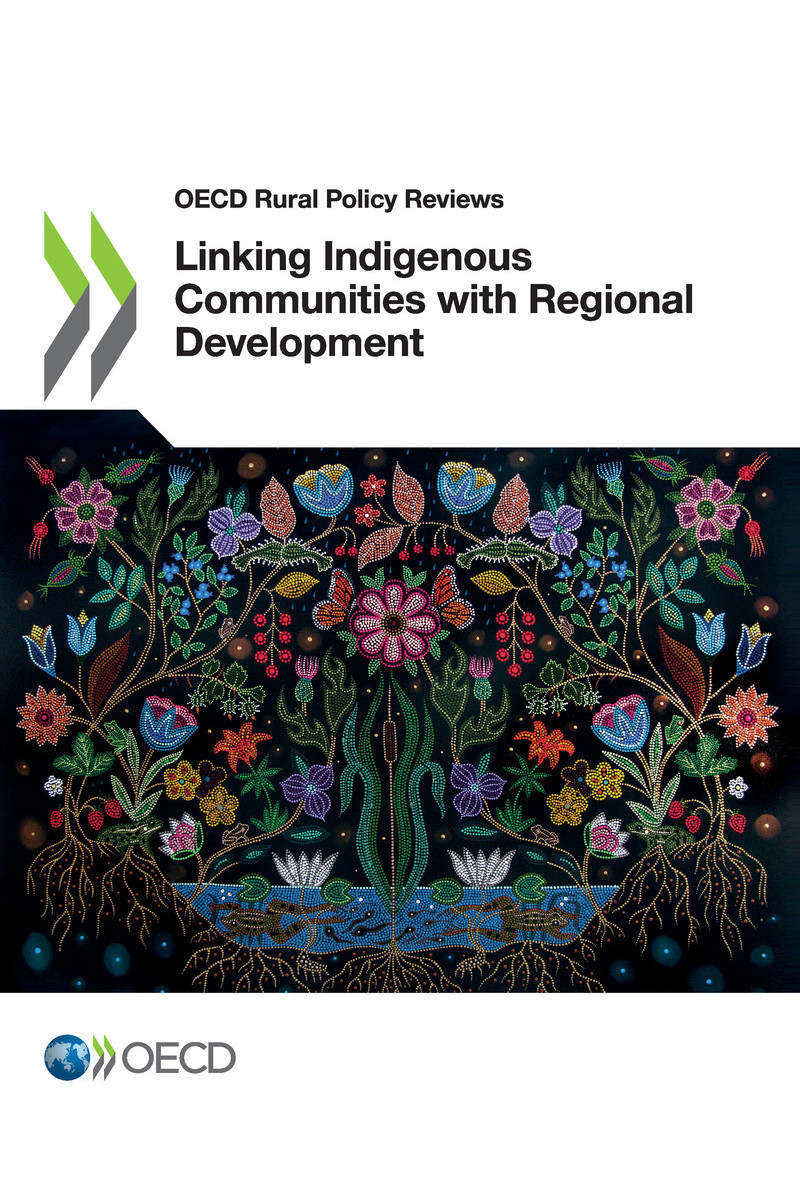
OECD (2019), Linking Indigenous Communities with Regional Development , OECD Rural Policy Reviews, OECD Publishing, Paris, https://doi.org/10.1787/3203c082-en .
We are pleased to have provided leadership and guidance on this report the first ever global study of its kind on Indigenous economies and regional development. This work has directly involved Indigenous communities and leaders throughout. It is also timely. As Indigenous peoples worldwide achieve growing legal recognition of their rights as well as title to land and sea, it is imperative that we overcome the implementation gap and translate these rights into better outcomes. Reconciliation involves addressing Indigenous land title along with the meaningful engagement of the original people in planning the protection and sustainable use of lands, water, natural resources and wildlife. It also demands the inclusion of Indigenous peoples and perspectives in governance and policy design at all levels.
We are stewards of the lands and waters a responsibility given to us by the Creator. All life relies on the gifts that Mother Earth has provided by plant-life, waters, animal beings, air and the grandfather stones. We must balance our use and need of these gifts in a sustainable and environmentally responsible way. Indigenous peoples have survived on the lands and hold an innate knowledge and connection to the lands that we have occupied for millennia. This is a worldview that is critical for all peoples to understand and embrace in order to sustain the earth for generations to come. That is why it is so integral to link Indigenous peoples to regional decision-making and development.
Historic injustices have prevented Indigenous peoples from exercising their rights to development in accordance with their own needs and interests. Indigenous peoples have been colonised, dehumanised, subjugated and dispossessed of their lands and resources. Where treaties were entered into with Indigenous governments to share the lands and resources, they have too often been breached. Fortunately, in some places, reconciliation is starting to take root. The United Nations Declaration on the Rights of Indigenous Peoples and the successive International Labour Organization conventions (no. 107/1957 and no. 169/1989) are being adopted and incorporated in the laws of many countries throughout the world who recognise the richness that Indigenous peoples can bring to the social and economic fabric of a country. Despite the many socio-economic challenges we face, Indigenous peoples are building capacity, creating businesses, undertaking economic development, contributing to regional economies and sharing the beautiful values of our culture.
The capacity for Indigenous peoples to create secure and sustainable wealth is fundamental to the universal Indigenous quest for self-determination. It is therefore imperative for Indigenous peoples to decide how that should proceed on the principles of free, prior and informed consent. We want to navigate our own way in a modern economy where we ensure the correct balance of our customary and cultural obligations to self, community and country while at the same time activating our natural tangible and intangible assets to grow our strength and independence. In the end, we want to resume responsibility and own our risk.
This report demonstrates the value of sharing lessons between Indigenous peoples across countries. It shares some of our leading practices such as the fisheries initiatives of Indigenous peoples in Alaska, the mining project of the Gumaj Corporation in Northern Australia, the parliament structure of the Smi in Sweden or the models of Indigenous financial institutions in Canada. We have Indigenous communities worldwide that have built their own economies through community-owned businesses, managing their own lands, training their own people and strengthening their own governance practices while incorporating their unique cultural traditions. We look forward to the future as we build on each others successes, share our stories and cheer on our accomplishments.
This report demonstrates that Indigenous peoples can be full participants and equal beneficiaries in economic development. We are pleased with how this report underlines the importance of re-establishing and strengthening governance structures that empower Indigenous communities. From regional policies and programming to better statistics, it provides a roadmap to fulfil the needs and aspirations of Indigenous peoples. It is also a roadmap for OECD member and non-member countries to meet the rights and aspiration of Indigenous peoples and communities so that they can realise their vast potential.
Miigwetch, Giitu, and Gala Mabu to the OECD for embarking on this path with us!
Dawn Madahbee Leach
General Manager Waubetek Business Development Corporation, and Vice-Chair of the National Indigenous Economic Development Board of Canada
Lars-Anders Baer
Chairperson of the Working Group for Indigenous Peoples to the Barents Euro-Arctic Co-operation
Peter Yu
Chief Executive Officer of Nyamba Buru Yawuru Ltd and Chair of the Indigenous Reference Group to the Northern Ministerial Council
There are approximately 38 million Indigenous people living in 12 OECD member countries. Indigenous peoples make an important contribution to the culture, heritage and economic development of these member countries. Their diverse spiritual beliefs and worldviews are rooted in kinship and strong connections to land and nature, emphasising its stewardship. Indigenous worldviews thus contribute to illuminating the path to sustainable development.
Historical events have shaped the well-being of Indigenous peoples today. European settlements, for example, severely shrunk and permanently altered the land and resources available for Indigenous peoples to sustain their traditional economies. Dependency relationships with states and religious institutions further resulted in Indigenous economic activities being determined within a framework set by non-Indigenous peoples. As a result, the economic agency of Indigenous peoples was diminished, negatively affecting their well-being, language and culture.
Font size:
Interval:
Bookmark:
Similar books «Linking Indigenous Communities with Regional Development»
Look at similar books to Linking Indigenous Communities with Regional Development. We have selected literature similar in name and meaning in the hope of providing readers with more options to find new, interesting, not yet read works.
Discussion, reviews of the book Linking Indigenous Communities with Regional Development and just readers' own opinions. Leave your comments, write what you think about the work, its meaning or the main characters. Specify what exactly you liked and what you didn't like, and why you think so.

